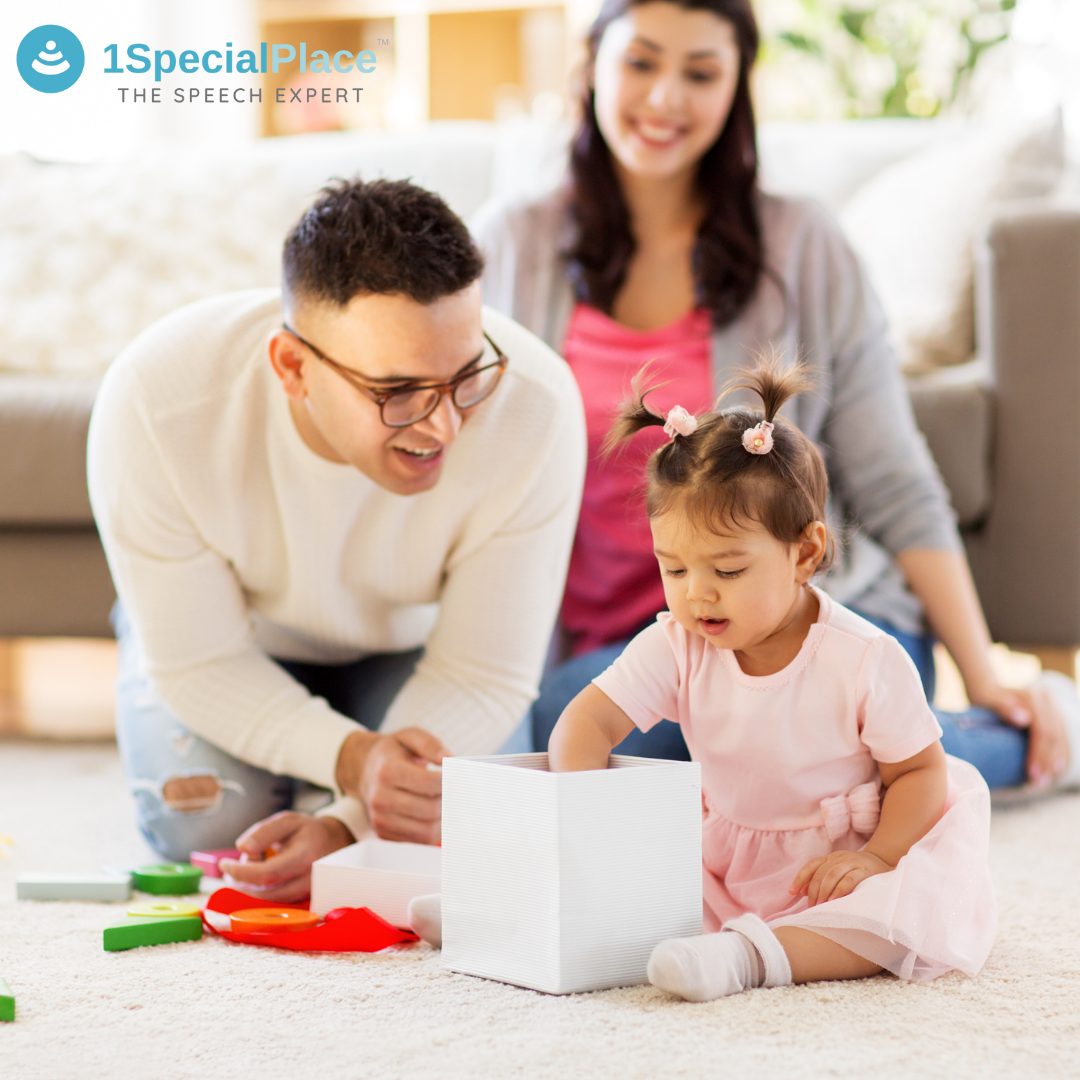
Positive Parenting and it’s benefits
Positive Parenting and it’s benefits
Over the years parenting has been studied far and wide by researchers. However, in recent years, we have seen this parenting research has put more focus on positive approaches. It has evolved into outcome-based rather than risk-based. And this has given rise to what we call Positive parenting.
Positive parenting involves nurturing, empowering, and nonviolent means of parenting. This helps with setting boundaries using specific strategies that enable the full development of the child. Positive parenting recognizes parenting that involves:
- Open Communication
- Affection
- Emotional Security
- Emotional Warmth
- Unconditional Love
- Child’s Developmental Stage
- Accomplishments
- Empathy for the Child’s Feelings
- Being caring
- Being consistent
It was proposed that the underlying assumption of positive parenting is that “All children are born good, and desire to do the right thing”. This kind of supportive parenting results in fewer behavior problems and adjustment issues amongst children. In fact, researchers at Gottman Institute studied the impact of positive parenting on children and came up with these 5 key points:
- Awareness of emotions– To be conscious of the emotions your child feels. Therefore, observing how they express and manage those emotions helps in being aware.
- Connecting with your child– Connecting with your child by playing with them and spending quality time with them.
- Listening to your child– Communication plays a big role in child development. Hence, let your children speak. Providing them with a listening ear always helps.
- Naming emotions– To talk about different emotions using an activity or play. Additionally, letting your child know that all emotions are normal helps too.
- Finding solutions– Finding solutions together for problems is a great way to make kids self-sufficient.
Keeping these main points, we can further look into how we can apply positive parenting to our daily lives by following these:
- Supporting exploration and involvement in decision-making
- Paying attention and responding to a child’s needs
- Using effective communication
- Attending to a child’s emotional expression and control
- Rewarding and encouraging positive behaviors
- Providing clear rules and expectations
- Consistent consequences for behaviors
- mindful management and monitoring
- Acting as a positive role model
- Prioritizing positive family experiences
Benefits of Positive Parenting
-
Stronger parent-child relationship
Creating an atmosphere of mutual respect helps the parent and child bond better. Listening and empathizing with your child will foster mutual respect. Having rituals of connection by playing with them and having meals with them can strengthen the bond.
-
Better flow of communication
We know what happens when we shout and use negative means of communication. The focus tends to fall on the tone of voice and not our words. Next time, instead of yelling, calmly talk to the child. You will see a change. When we use more human ways of communicating with kids, they respond better. The key is in treating them as equals and respecting them as much as you expect in return.
-
Increase in self-esteem
The theory of positive parenting believes that there are no good or bad children but only good and bad behaviors. So, when this is understood and applied rationally, it affects both children and the parents. Hence, the focus is rightly placed on the problematic behavior and not on the person. Importance is given to using kind words, gestures, and brainstorming solutions to problems together. It is about seeking to help improve kids’ decision-making abilities. This helps parents and children feel more confident.
-
Decrease in negative behavior
Positive parenting focuses on aspects that aim to nurture the parent-child relationship. When parents use a new approach and see a considerable difference in kids’ behavior, their reactions change too. And that will only reduce negative behaviors on both ends. Moreover, this will further improve with time, practice, and patience. And parents and children will foster a more positive relationship.
Takeaway
Being in a collectivistic culture, we place a lot of importance on being respected and obeying the elders. When we place importance on factors like that, we make our roles as parents more challenging. It is important to note that the change in our lifestyle also demands a change in our approach. So what if we start treating children with unconditional love? That means loving them for who they are instead of loving them for behaving your way. What if we give mutual respect and importance to a child’s feelings and opinions? Acknowledging their feelings will help them feel heard and seen. Do you think that will make a difference? It is definitely worth a try!
If you wish to know more about Speech Therapy, kindly contact us at info@1specialplace.com
For more ideas check out our other related blogs
View this post on Instagram
View this post on Instagram
- Effects of Psychotherapy on Parental Stress - November 21, 2023
- Couple’s Therapy: Navigating marital issues as a parent - June 9, 2023
- Talk Therapy for stuttering - May 31, 2023

Leave a Comment
(0 Comments)